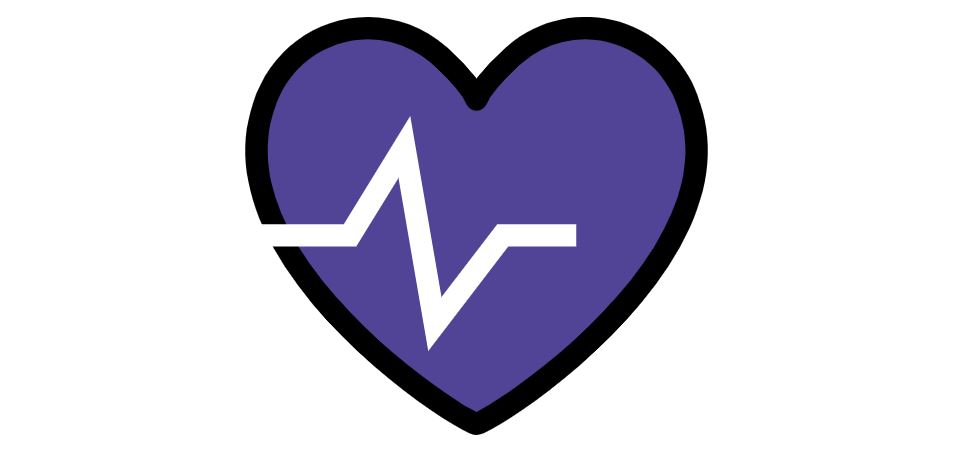
Cardiac: Atrial Fibrillation and AVI Model of Care Updates
Atrial Fibrillation
Atrial Fibrillation (AF) is the most common type of irregular heartbeat and is associated with poor quality of life, increased risk of death, stroke, heart failure, and hospitalization.
The atrial fibrillation project is a multi-year initiative that will be rolled out in three phases. Phase 1 will focus on documenting current state for the purpose of gaining a clear and accurate understanding of all the factors influencing timely access to catheter ablation for AF. Once these factors have been identified, recommendations for system change to improve the care pathway for catheter ablations for AF will be developed. This phase is particularly important, given access issues pre-dating the pandemic have been made worse with the COVID-19 ramp-down.
The CorHealth project team has been working on defining processes and an analytic approach for gathering an accurate understanding of the current state. Engagement with our provincial stakeholders to validate and direct the work activities for Phase 1 began mid October with the launching of the Catheter AF Ablation Task Group, chaired by Dr. Atul Verma. The second phase of this project will focus on knowledge transfer to the field and implementation of the recommendations, that have been validated and prioritized by cardiac stakeholders, to improve access to catheter ablation for eligible patients with AF in Ontario. Building on the previous work, phase 3 activities will focus on further opportunities to optimize integration and continuous improvement, including a shift towards a disease-based approach to improving evidence-based care for Ontarians with atrial fibrillation.
AVI Model of Care
Due to significant system pressures related to COVID-19, the AVI Forum last convened in January 2021. We would like to thank all members for their patience and continued support during this time.
AVI Forums are expected to restart later this fiscal year. The 11 AVI Project Leads are currently being re-engaged to learn: 1) how COVID-19 impacted AVI programs and 2) how programs plan to navigate Aortic Stenosis (AS) care following the Ministry of Health (MOH) announcement of expanded Transcatheter Aortic Valve Implantation (TAVI) eligibility criteria.
In July 2021, the MOH announced the expansion of TAVI eligibility criteria to include patients who are at low surgical risk. Through AVI Forum engagement, CorHealth will work with the 11 AVI programs to identify opportunities and any anticipated challenges in response to the announcement.
For the Measurement pillar of the AVI Model of Care, CorHealth is preparing for another release of the AVI performance indicators analysis results, targeted for later this fiscal year. This upcoming release aims to focus on access-related indicators, including data on COVID-19’s impact on AVI activities.
In support of the Patient Engagement pillar of the AVI Model of Care and with a goal to help patients and caregivers be informed and empowered to participate fully in their care decisions a Patient Decision Aid is being developed. CorHealth has engaged with a subject matter expert in patient decision aids and shared decision-making, to ensure the AS Patient Decision Aid is aligned to international standards and has been rigorously validated from an academic standpoint. In the coming months, CorHealth will engage with Patient and Family Advisors and other stakeholders in the continued development of this work.